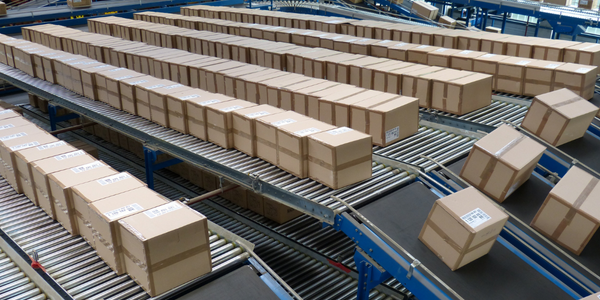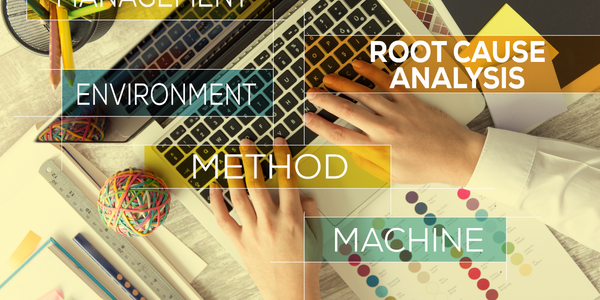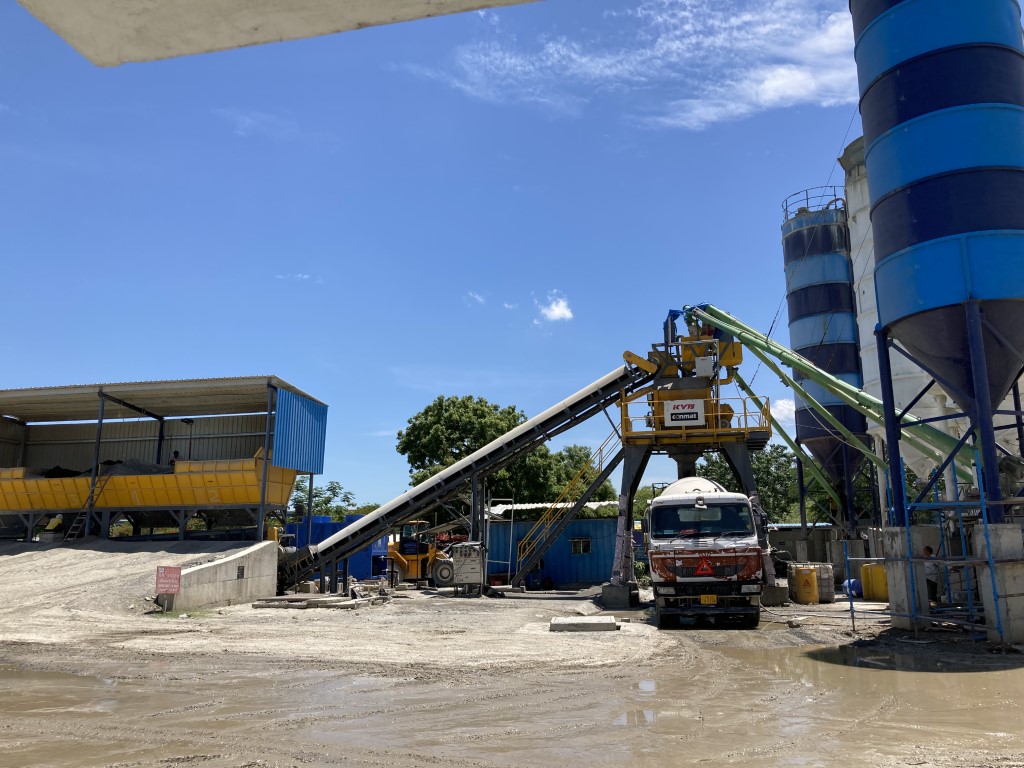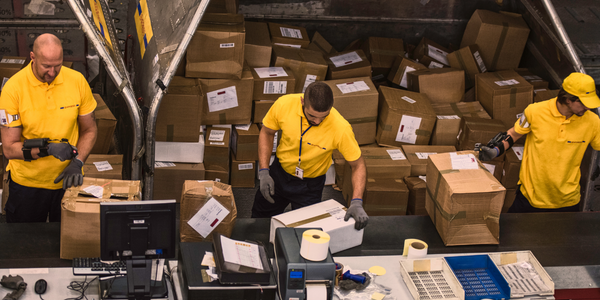Download PDF
French Tech Leader Cegid Generates €15M Additional Volume Annually with AI-Driven Decisions
Technology Category
- Analytics & Modeling - Predictive Analytics
- Analytics & Modeling - Machine Learning
Applicable Functions
- Business Operation
Use Cases
- Predictive Quality Analytics
- Predictive Replenishment
Services
- Data Science Services
The Challenge
Cegid, a French tech company offering cloud services and management software solutions, is facing the challenge of creating more models in less time while minimizing the technical skills and resources required. The company serves 350,000 customers across 150 countries and generates €632 in revenue. The predictive analytics team at Cegid is under pressure to meet the ever-expanding demand fueled by frequent acquisitions. The team is tasked with tackling a growing list of business challenges, including predicting the likelihood of getting paid on invoices and the propensity of customers to add services.
About The Customer
Cegid is a major player in modern digital transformation, offering companies cloud services and management software solutions. The company creates innovative, purposeful business management solutions, designed to help professionals in retail and HR (pay and talent management), payroll, tax and CPAs, achieve their goals and make more possible. Cegid serves 350,000 customers across 150 countries, generating €632 in revenue. The company is known for its fast growth and frequent acquisitions.
The Solution
Cegid adopted the DataRobot AI platform to automate the analytics lifecycle end to end. The platform was deployed with the help of Portugal-based Passio Consulting. The solution integrates with Amazon Web Services and the company’s data lake using application programming interfaces (APIs). Insights are then analyzed in Microsoft PowerBI and Excel. The platform is primarily applied in Cegid's invoice factoring business. Using the AI platform, Cegid gains the necessary end-customer details to decide whether to pay or deny the selected invoices. With a Payment Prediction Model (PPM), they evaluate the probability of payment for each invoice. Analytics also help them set optimal interest rates.
Operational Impact
Quantitative Benefit
Related Case Studies.

Case Study
IoT Data Analytics Case Study - Packaging Films Manufacturer
The company manufactures packaging films on made to order or configure to order basis. Every order has a different set of requirements from the product characteristics perspective and hence requires machine’s settings to be adjusted accordingly. If the film quality does not meet the required standards, the degraded quality impacts customer delivery causes customer dissatisfaction and results in lower margins. The biggest challenge was to identify the real root cause and devise a remedy for that.

Case Study
Prevent Process Inefficiencies with Automated Root Cause Analysis
Manufacturers mostly rely on on-site expert knowledge for root cause analysis. When the defective product is sent to lab for analysis, it is laborious and always a post-mortem one. Manufacturers that collect data from IT and OT also need a comprehensive understanding of a variety of professionals to make sense of it. This is not only time consuming, but also inefficiencient.

Case Study
Digitalising QC records
Ready-mix concrete batching plant with seasonal demand 6,000 to 12,000 cu.metre per month.Batch-cycle records for each truck is stored in paper format. 1000 to 2000 truck loads per month, generating ~2000 to 6000 paper records.QC anomaly detection in chemical batch-mixing is manual & time consuming.

Case Study
Automotive manufacturer increases productivity for cylinder-head production by 2
Daimler AG was looking for a way to maximize the number of flawlessly produced cylinder-heads at its Stuttgart factory by making targeted process adjustments. The company also wanted to increase productivity and shorten the ramp-up phase of its complex manufacturing process.

Case Study
CleanTelligent Enhances Janitorial Software Solutions with Infor Birst
CleanTelligent Software, a company that aids in-house and contracted janitorial teams in streamlining communication and improving quality control, faced a significant challenge. Their clients were demanding a more dynamic way to present reporting data. The company's software was primarily used to analyze and summarize a custodial team's performance, replacing a highly manual, paper-driven process. However, the initial differences between service providers in the janitorial industry are often unclear, and the cost of switching is comparatively low. This situation led to high client turnover, with a janitorial company's customer lifetime averaging four years or less. CleanTelligent needed to improve the customer experience with dynamic dashboards and reporting, retain customers through predictive analysis, capitalize on advanced analytics capabilities to build market differentiation, and improve client retention rates.

Case Study
Digitization of Pharmaceutical Packaging Machines: A Case Study of CVC Technologies
CVC Technologies, a leading manufacturer of pharmaceutical packaging machines, was seeking an end-to-end IoT solution to fully digitize their pharmaceutical liquid filling and capping machines. The company aimed to enhance the safety of their equipment, introduce digital maintenance capabilities, and gain visibility into machine status from anywhere at any time. The challenge was to find a solution that could provide real-time visibility into the machine's status, deliver direct cloud connectivity and digital services, and simplify all aspects of the machine's lifecycle, from engineering to maintenance.





